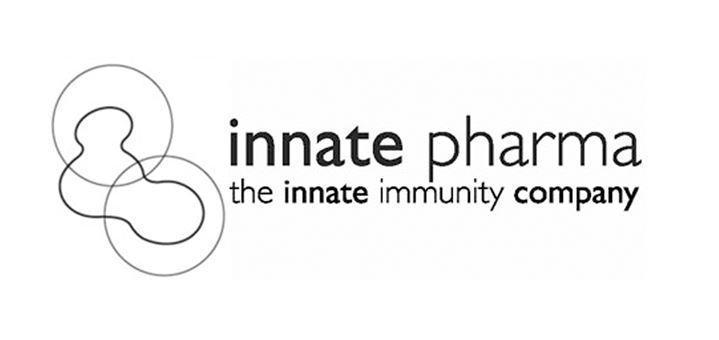Innate and BMS' immunotherapy fails in phase 2 trial

Innate Pharma’s lirilumab – a cancer immunotherapy being developed in partnership with Bristol-Myers Squibb – has failed in a phase 2 blood cancer trial.
Top-line results from the randomised, controlled EffiKIR trial in elderly patients with acute myeloid leukaemia in first complete remission, showed the study did not meet its goal of leukaemia-free survival (LFS).
This is the latest setback for BMS, after the failure of its Opdivo (nivolumab) cancer immunotherapy in the important and lucrative first-line lung cancer indication last year.
To make matters worse, Merck & Co's close rival, Keytruda (pembrolizumab) has been approved in this use - and although Opdivo is still ahead in sales, Keytruda is expected to begin catching up this year. BMS and Innate are testing Opdivo with lirilumab in solid tumours including lung cancer, but clinical trials have only just begun.
Lirilumab is a fully human monoclonal antibody that is designed to act as a checkpoint inhibitor by blocking the interaction between KIR2DL-1,-2,-3 inhibitory receptors and their ligands.
Blocking these receptors activates NK cells and, potentially some subsets of T cells, ultimately leading to destruction of tumour cells.
Innate is investigating lirilumab in six trials sponsored by BMS, across a range of solid and haematological cancer indications, in combination with other agents including BMS' Opdivo
Two arms of the trial tested single agent lirilumab at different doses - 0.1 mg/kg every 3months or 1 mg/kg monthly – and treatment intervals whereas in the third arm, patients received placebo.
There was no statistically significant difference between either lirilumab arms and the placebo arm on the LFS nor on other efficacy endpoints.
Innate said that it can now reveal that the high dose arm was discontinued early in 2015 on the recommendation of a data and safety monitoring board, as it looked unlikely that the objective of achieving a superior LFS could not be reached. There was no concern about tolerance.
Adverse events were consistent with the drug’s previously reported safety profile.
BMS licensed lirilumab from Innate back in 2011, paying $35 million up front, with potential milestone payments of up to $430 million, plus royalties on worldwide sales.
BMS funds clinical development, while Innate provided preclinical support.
Innate Pharma’s chief medical officer Pierre Dodion said: “Although we knew that this setting was challenging, we are disappointed by the results of the EffiKIR study and will investigate further to better understand the data in its entirety. However, Effikir is only one of seven studies currently investigating lirilumab.”
Dodion said lirilumab had already produced encouraging early efficacy signals in combination with Opdivo and is looking forward to further data.












